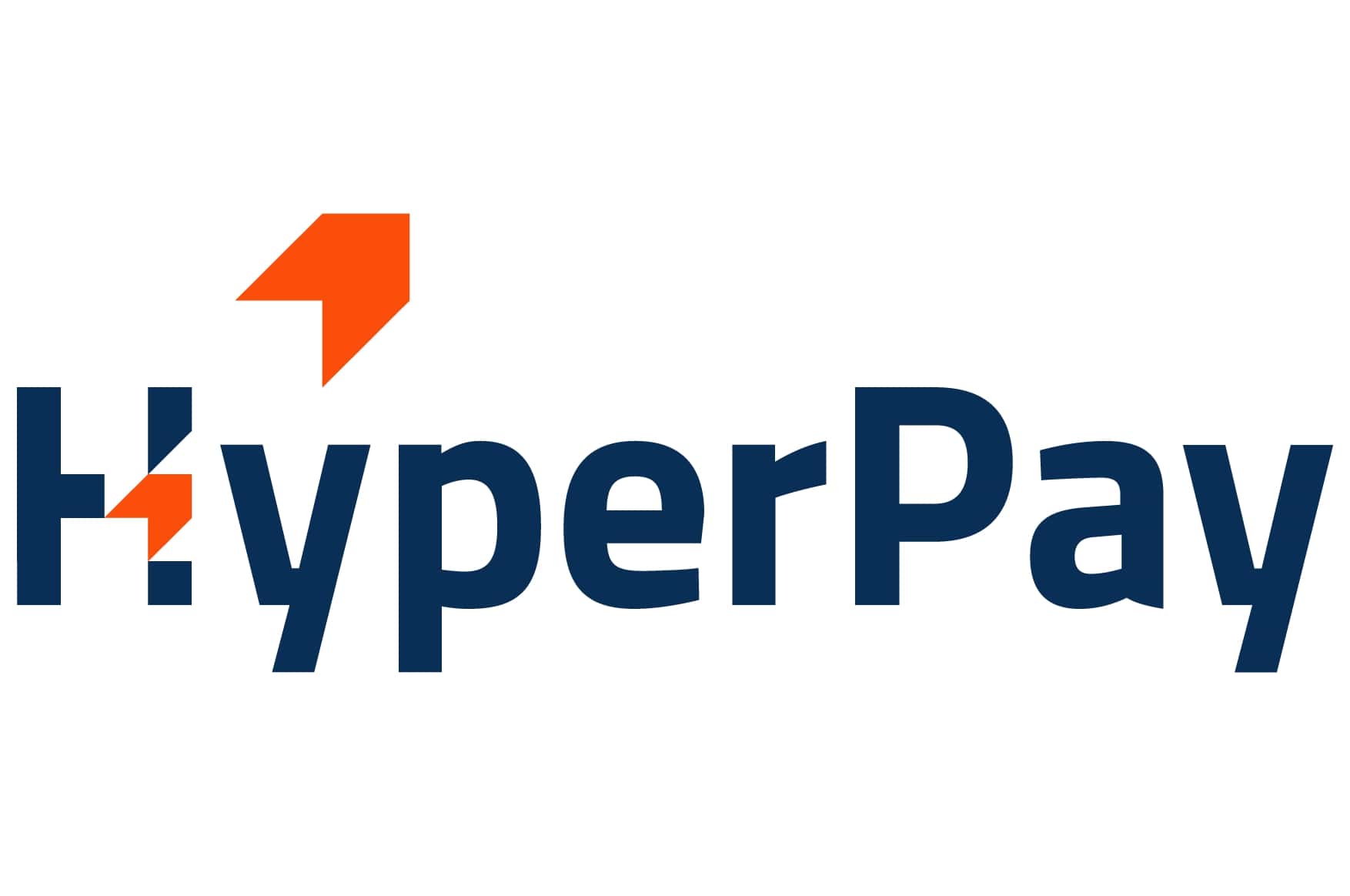Subscriptions Integration Guide
Last updated:April 23, 2025
This Subscription Integration guide describes how you can schedule subscription payments. Like recurring payments, the money gets auto-debited from consumer's bank account to the merchant account in fixed time periods (e.g. weekly, monthly, quarterly, yearly). Similarly, money can be auto-credited using payouts. Subscription businesses benefit from the flexibility of creating different plans and pricing structures to meet market demands.
A subscription payment can be scheduled as a pre-authorization (PA), debit (DB) or credit (CD) transaction.
Use cases
Start subscription
The merchant collects card data from the shopper and schedules a subscription payment. You can set the value of the transaction, the schedule for when the charges should occur, and the number of times the payment transaction should happen based on your subscription plan.
How it works
1. Store the payment data
Collect the customer payment information via COPYandPAY or Server-to-Server. With any of the options, please consider having a card-on-file agreement with the shopper. It is best to tokenize the card during the cardholder (CIT) initiated payment so that a merchant (MIT) agreement is in place for the future subscription payments.
Sample request:

2. Schedule a payment
Perform a server-to-server POST request with the registration id, payment type and the job schedule parameters
which describes when and how often the transaction should be executed. For a complete reference of the scheduling job parameters,
please check API Reference.
[job.second] [job.minute] [job.hour] [job.dayOfMonth] [job.month] [job.dayOfWeek]
| Value | Description | Allowed in |
|---|---|---|
| , | List. Specify several values. For example:
|
All fields |
| - | Range. Specify a range of values. For example:
|
All fields |
| * | Wildcard. Specify all valid values. For example:
|
All fields |
| ? | Question mark. Specify no value. Can only be used in the dayOfMonth and dayOfWeek fields. Used when you wish to specify a particular value in one of those fields, but not the other. For example:
|
job.dayOfMonth job.dayOfWeek |
| / | Step. Specify increments (value/value_to_increment). For example:
|
All fields |
| L | Last. Specify the last day of the month or week. For example:
|
job.dayOfMonth job.dayOfWeek |
| W | Nearest weekday. Specify the weekday (Monday-Friday) nearest the given day. For example:
|
job.dayOfMonth |
| # | Weekday of the month. Specify "the nth Sun-Sat day of the month". For example, the value of:
|
job.dayOfWeek |
Sample request:

3. We execute the transaction for you
An automated subscription payment is executed at the scheduled time using the stored payment information and the specified payment type.
4. Cancel the schedule
Send a de-scheduling request specifying the schedule id you want to cancel.
Sample request:

Add new subscription
The merchant collected card data from the shopper and already scheduled a subscription payment. You may now choose a different pricing plan to allow subscribers enjoying the flexibility to shift to a lower or higher plan as per their preference. You can set the value of the transaction, the schedule for when the charges should occur, and the number of times the payment transaction should happen based on your new subscription plan.
How it works
1. Schedule a new pricing plan
Perform a server-to-server POST request with the registration id, new amount value,
the payment type and the job schedule parameters which describes when and how often the transaction should be executed.
For a complete reference of the scheduling job parameters, please check API Reference.
To understand subscription upgrades and downgrades, imagine a fictional magazine company. It offers three subscription options:
- Print edition, where the payer gets the physical copy of the magazine
- Digital edition, where the payer accesses the magazine online
- Both print and digital forms
Sample request:

2. We execute the transaction for you
An automated subscription payment is executed at the scheduled time using the stored payment information and the specified payment type.
Cancel subscription
The merchant scheduled one or multiple subscription payments. You can cancel any of the subscriptions.
How it works
1. List subscriptions
Perform a server-to-server GET request with the registration id and scheduling/de-scheduling payment types.
Sample request:

2. Cancel the schedule
Send a de-scheduling request specifying the schedule id you want to cancel.
Sample request:

